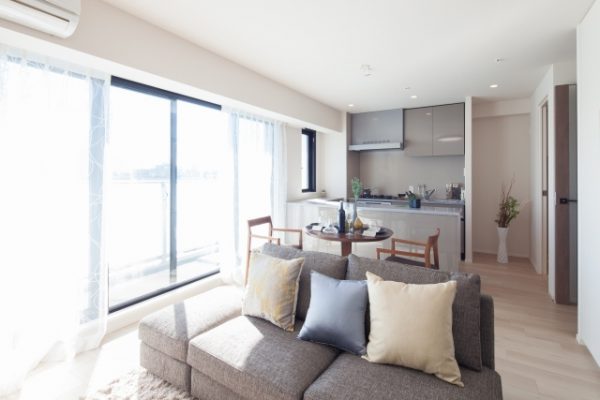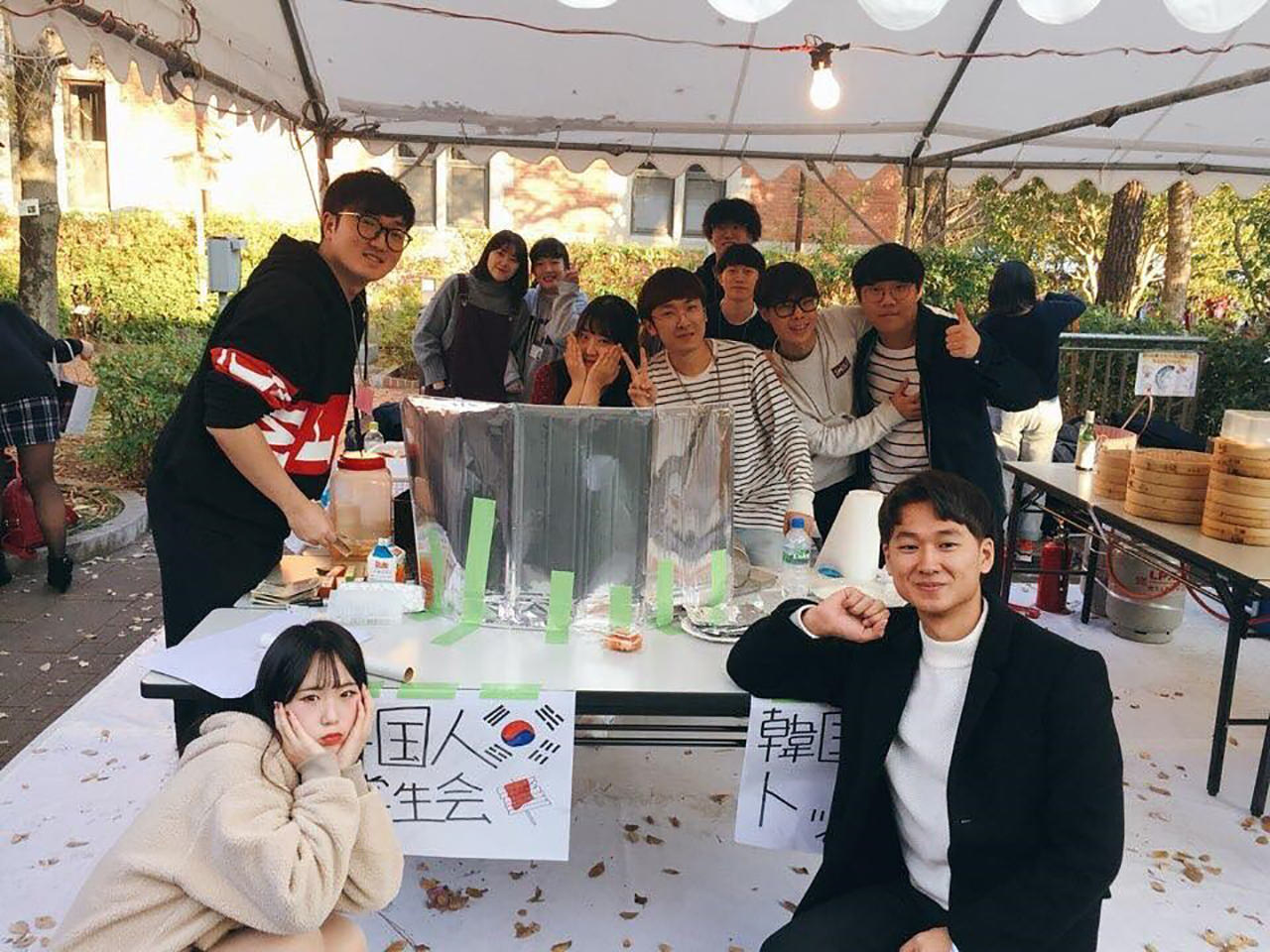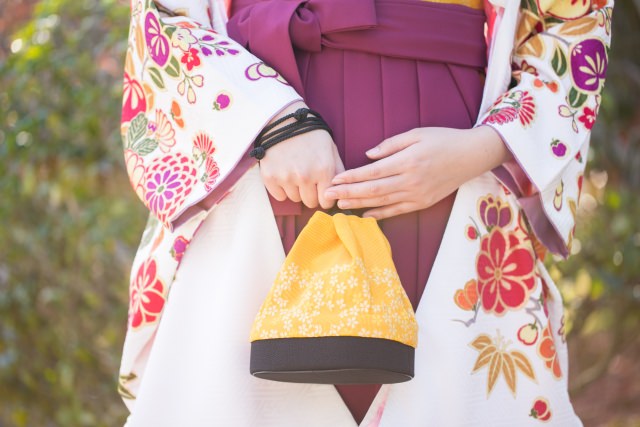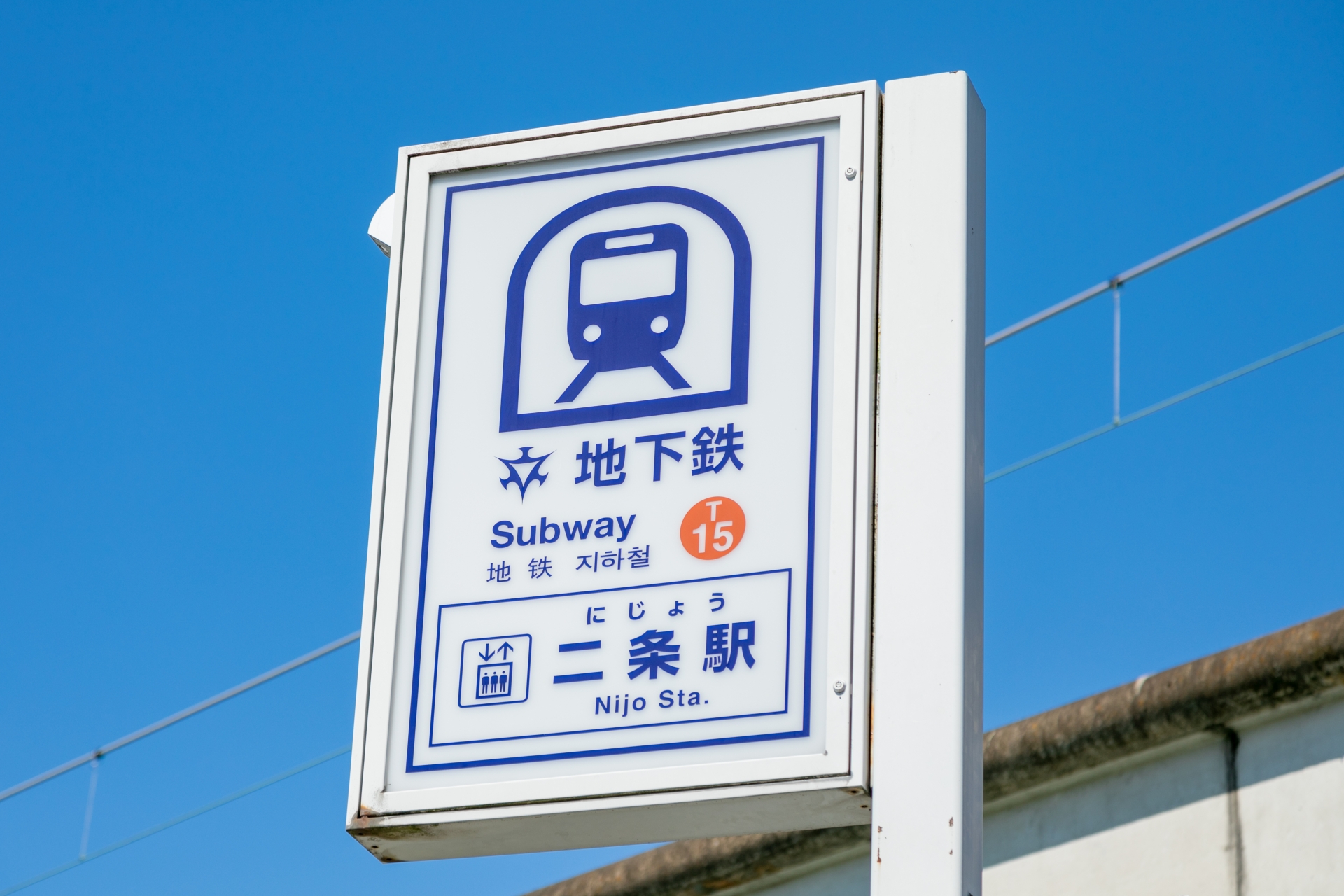How to Rent an Apartment in Kyoto, Japan: A Guide for International Students
2021.01.13
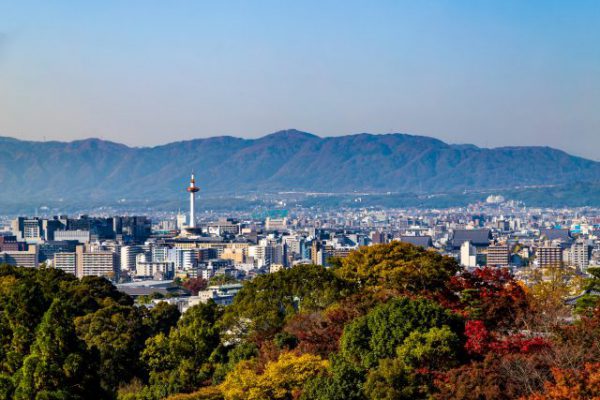
Everyone needs a place to live, but when you’re moving to study abroad in a foreign country complete with different regulations and customs, searching for a room to live in on your own can be daunting. In a traditional city like Kyoto, this can be doubly difficult. So, where should you start?
We recently sat down with Ms. Fang Li, who experienced Japan as a foreign student herself, and now works as a real estate notary (a specialist with national certification) at Flat Agency, a Kyoto real estate agency. Ms. Li’s office is right next-door to Kyoto University, and she’s had quite a bit of experience helping students from other countries find a place to live in Kyoto.
Renting in Kyoto
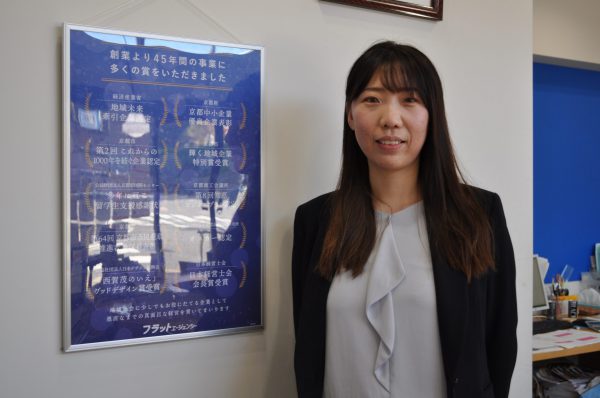
Q.Do you have many international student customers?
A. “The office where I work is located just outside of Kyoto University, so we get a fair amount of students coming in to look for apartments. Since we’ve been doing this business for a long time, one of our specialties is our stock of listings that are ‘international student friendly.’
“At this location in particular, we have two English-speaking staff members [and can speak Chinese as well]. I’ve noticed a lot of inquiries from international students that say they came to us because we can speak English, or because they saw our company on their school website, or because we have foreign staff. I think it’s reassuring as a foreigner to be able to speak your own language with someone, or to speak with someone from your own country.
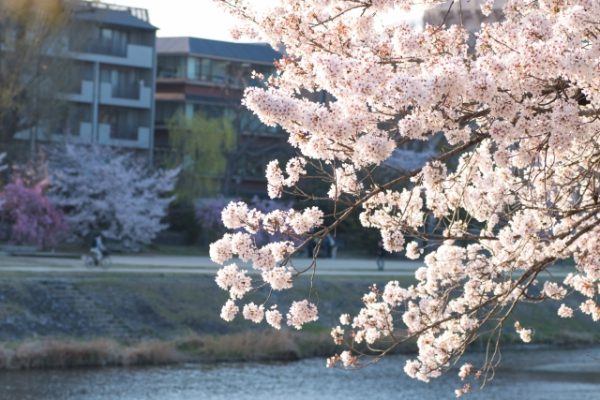
Q. What is unique about renting an apartment in Kyoto? What sorts of questions or difficulties do international students generally face when looking to rent here?
A. “In terms of difficulty, one of the first questions is whether the landlord of an apartment will accept foreign student tenants. Recently, there are a lot more apartments that are open to international students, but there are many landlords who still have an old-fashioned way of thinking. Another aspect of that is that in Japan, most apartments require a guarantor.”
A guarantor is someone who agrees to take on the responsibilities of the lease–including payment of the rent–if the tenant cannot. Because this involves serious financial responsibility, parents typically act as guarantors for young Japanese renters. For this reason, a guarantor is also usually extremely difficult for non-Japanese residents to provide, although guarantor companies do exist.
A guarantor company agrees to act as guarantor on behalf of an individual, usually for an annual fee.

“Some landlords in Kyoto may ask for both a guarantor and a guarantor company, and they may even require the guarantor to be either Japanese or a person with permanent residency in Japan, which can be challenging to provide.
“Some universities will explain to students about the guarantor system, and those students will come in with that knowledge and request to use a guarantor company. But international students at other schools, and particularly students that haven’t yet arrived in Japan may not be aware of all of the unique aspects of Japan’s housing rental system. In those cases, I need to explain not only about guarantors, but also how shiki-kin and rei-kin are usually required to rent an apartment here.”
Shiki-kin (敷金) is a security deposit required by many landlords in Japan. The amount is usually about one to two months’ rent, and is usually paid upfront when you sign an apartment contract. Like deposits in many other countries, shiki-kin should be returned to a tenant when they leave the apartment, as long as it’s left in good condition.
Rei-kin (礼金), or, literally “gratitude money,” though it’s often referred to in English as “key money” is a custom that’s more unique to Japan. This is another required payment that’s made upfront when you sign your apartment contract, and though the exact amount may vary, key money is typically equal to about one to two months’ rent. Key money is not eventually paid back to the tenant. In some cities in Japan, it’s become more common to find apartments that don’t ask for key money, but Kyoto is still a city of traditions, and it’s a good idea to expect most apartments to require it.
But despite the difficulty of understanding all these new terms, there is a lot of support for international students, Ms. Li assures us!
Support for Students
“There tend to be a lot of international student-friendly apartments around schools that have a large international student population. We know many such places that do rent to foreign students, and we can provide a lot of the things students are looking for.
“For example, in Japan, furnished apartments are unusual, but we’re frequently asked about them, because many students will only be living here for a year or two. But because there’s a greater need for furnished apartments, we’ve even asked some landlords to provide them.
“We also provide online customer service, which allows international students who are still overseas to complete the process of finding an apartment before even coming to Japan.”
